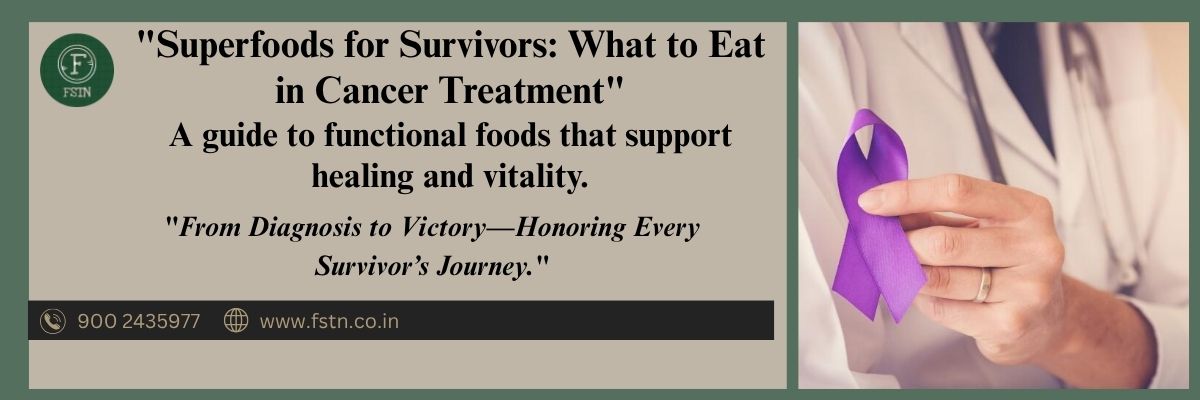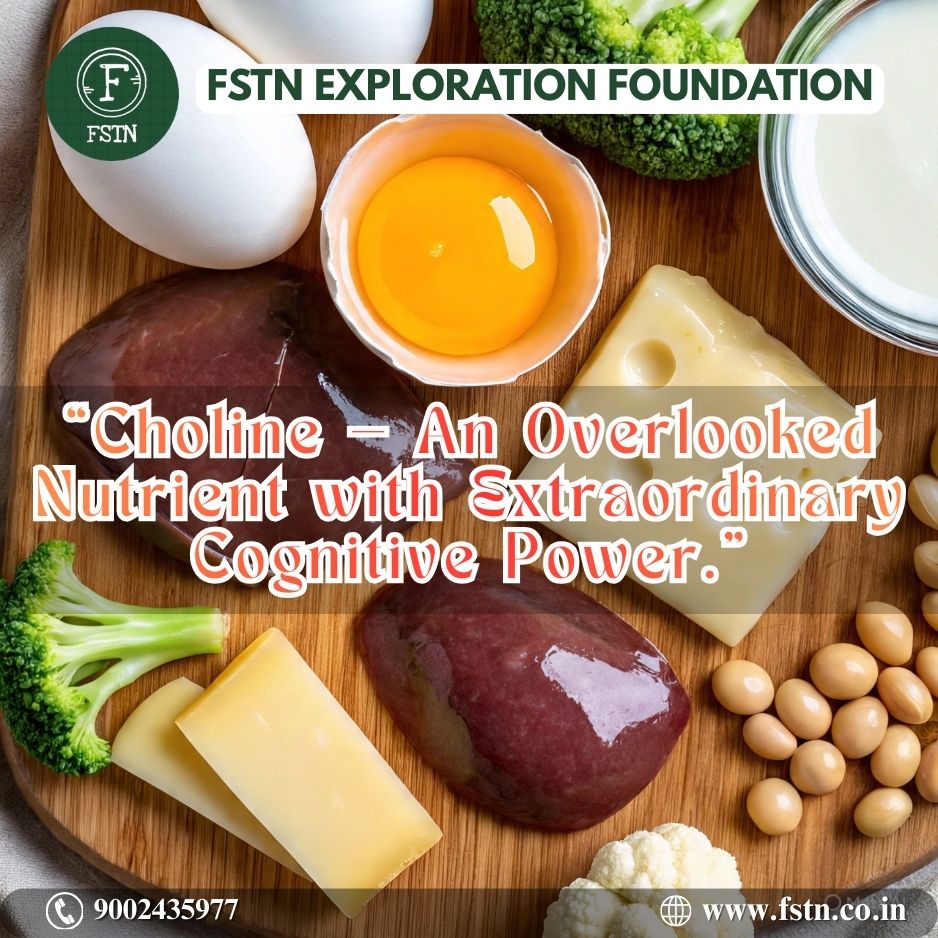Cancer therapies—chemotherapy, radiation, surgery—place immense physiological stress on the body. During this period, nutrition functions not merely as support, but as therapy. Functional foods (commonly called "superfoods") are rich in bioactive compounds that promote recovery, reduce side effects, and support quality of life. This guide outlines evidence-based functional food groups beneficial during and after cancer treatment.
Clinical Relevance of Superfoods in Oncology:
Superfoods contain concentrated nutrients, antioxidants, and phytochemicals with proven benefits in immune modulation, inflammation control, tissue repair, and gastrointestinal integrity. Strategically used, they can:
- Enhance immunity
- Support tissue healing
- Reduce treatment-related side effects
- Correct nutritional deficiencies
Functional Food Categories-
Cruciferous Vegetables (Broccoli, kale, cabbage); rich in sulforaphane and glucosinolates, aid detoxification, hormone balance, and reduce tumor growth
Berries (Blueberries, strawberries); high in ellagic acid and anthocyanins, fight oxidative stress, support immunity and DNA repair
Fatty Fish (Salmon, sardines); source of EPA & DHA, reduce inflammation, preserve muscle, protect heart health
Whole Grains (Quinoa, oats, brown rice); contain fiber and B-vitamins, stabilize blood sugar, feed gut microbiota, support energy balance
Legumes & Soy (Lentils, beans, tofu); packed with isoflavones and plant protein, maintain lean mass, regulate estrogen, support hemoglobin levels
Orange/Yellow Vegetables (Carrots, pumpkin, sweet potato); beta-carotene & vitamin A, aid mucosal healing, skin integrity, and immune function
Allium Vegetables (Garlic, onions); contain allicin & sulfur compounds, boost immunity, support liver detox, provide antimicrobial action
Green Tea (EGCG; epigallocatechin-3-gallate compound); potent antioxidant, reduces fatigue, may inhibit tumor pathways, functional Hydration Aids (Coconut water, bone broth), offer electrolytes, collagen, glutamine, maintain hydration, ease digestion, support surgical recovery
Clinical Guidelines for Use
Individualize plans based on treatment, symptoms, and labs
Modify textures for mucositis, taste changes, or swallowing issues
Symptom-specific strategies: e.g., fiber for constipation, probiotics for GI health
Encourage small frequent meals to sustain energy
Limit ultra-processed foods; prioritize whole, nutrient-dense options
All interventions should be guided by trained clinical dietitians in oncology.
Conclusion:
When incorporated wisely, superfoods act as therapeutic agents—enhancing resilience, reducing complications, and improving survivorship. While no food replaces treatment, the right nutrition transforms recovery into lasting wellness.



